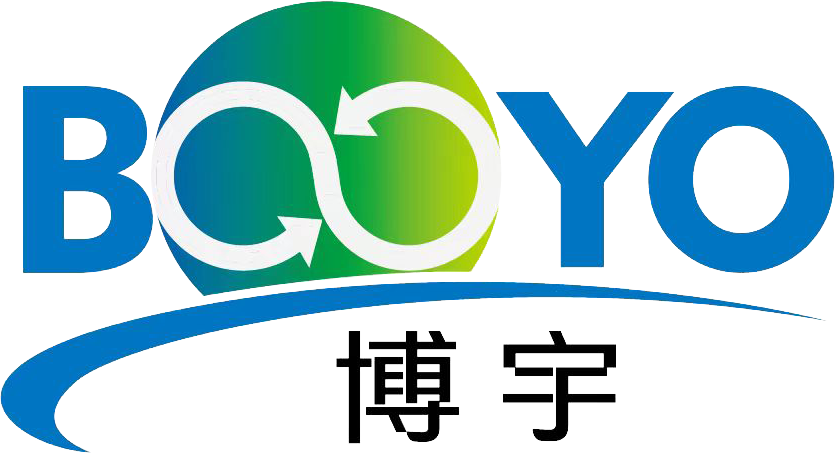
Our News
Find out about our latest news here.
Latest News
- ▶ Spiral Plate Heat Exchanger Manufacturer in China
- ▶ High-Performance Finned Serpentine Tubes for Boiler Economizers and Waste Heat Recovery Systems
- ▶ Why Choose a Chinese Serpentine Tube Supplier?
- ▶ Difference Between High Pressure and Low Pressure Feedwater Heaters in Power Plants
- ▶ Primary Gas Cooler A Tower Successfully Erected
- ▶ Engineered for the First Cooling — Primary Gas Cooler A Tower Installation at JISCO
Message
1. Overview
The Shell and Tube Evaporator is a highly efficient indirect heat exchanger commonly used in industrial refrigeration and process cooling systems. Its primary function is to absorb heat from a process fluid (such as industrial water, brine, or chemical solution) by evaporating a refrigerant inside the shell. This process ensures precise temperature control for various industrial operations.
With a proven design, stable operation, and high thermal efficiency, shell and tube evaporators are ideal for demanding industrial environments requiring continuous, reliable cooling.
2. Key Industrial Applications
Chemical and Petrochemical Industry
Used for temperature regulation in reactors, distillation columns, and condensation systems, ensuring process safety and product consistency.
Pharmaceutical Industry
Provides precise cooling in fermentation, synthesis, and extraction processes to maintain bioactivity and batch quality.
Food and Beverage Processing
Used in the rapid cooling and temperature control of products such as syrups, dairy, and beverages, contributing to product safety and shelf life.
Industrial Chiller Systems
Serves as a core component in water-cooled chillers, providing cooling for injection molding, extrusion, electroplating, printing, and laser processing equipment.
Power and Energy Sector
Supports cooling in turbine systems, condensers, and auxiliary equipment, improving operational stability and extending equipment life.
Desalination and Environmental Projects
Applied in multi-effect distillation, membrane pre-cooling, and waste heat recovery systems as a key thermal exchange component to enhance energy efficiency.
3. Working Principle
The evaporator operates by:
Circulating the process fluid inside the tubes
Allowing the refrigerant inside the shell to evaporate as it absorbs heat
The refrigerant vapor then exits for compression in the next refrigeration cycle
This stable and controllable heat exchange process is ideal for critical industrial operations with strict temperature requirements.
4. Key Advantages
High heat transfer efficiency, suitable for both batch and continuous operation
Stable evaporation performance for accurate temperature regulation
Rugged construction for long-term use in heavy-duty industrial environments
Modular configuration, easy to integrate into complex systems
Flexible design compatible with various refrigerants and process needs
5. Conclusion
Shell and Tube Evaporators are indispensable in modern industrial cooling and process control. Their reliable performance, adaptability, and efficiency make them an ideal choice for chemical production, energy systems, precision manufacturing, and environmental engineering.
PROFESSIONAL CONSULTATION
If you are interested in our products and want to know more details, please leave a message here, we will reply you as soon as we can.